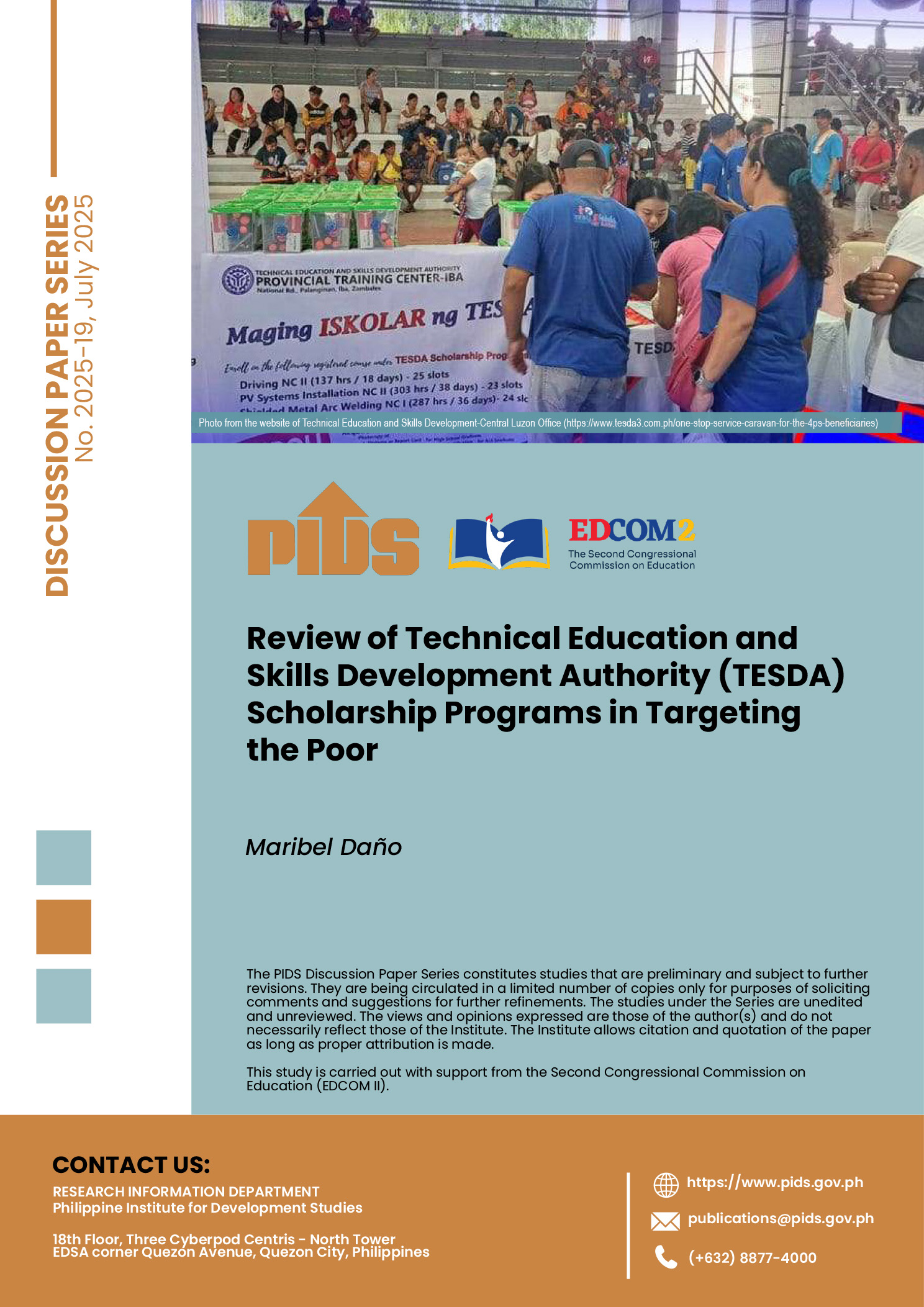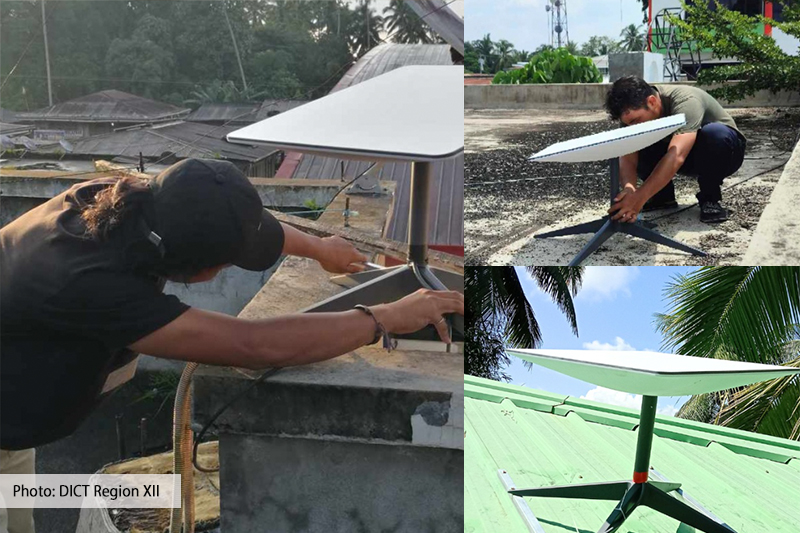THE DEPARTMENT of Trade and Industry will start reviewing the Japan-Philippines Economic Partnership Agreement (JPEPA) by next month, with a DTI official saying the country will push for more benefits for agricultural products. "We will be convening the Philippine panel by February to make an assessment of our interests in the review,” DTI Undersecretary Adrian S. Cristobal, Jr. told reporters on the sidelines of the "ASEAN Comprehensive Investment Agreement: Challenges and Opportunities for Philippine Business” forum last Friday. The review is to determine how the Philippines can increase the utilization of its only bilateral free trade agreement (FTA). Mr. Cristobal said the Philippines will pitch for improved access to agricultural products. "On the Japanese side, I think industrial goods such as automotives and steel will be on top of their list,” he added. Asked for his individual assessment of the JPEPA, Mr. Cristobal said: "Positive. The gains [since JPEPA’s implementation] are significant. Japan has become a top market for exports and source of investments.” JPEPA was signed by the Philippines and Japan in September 2006. It was immediately ratified by Japan in December that year, but it took the Philippines two more years to do the same due to strong opposition from lobby groups. Concerns were raised about the potential serious negative impacts of opening up the economy as a result of the trade agreement, such as significant dislocation in the "sensitive” automotive sector and dumping of toxic waste. A policy note issued last month by state-run Philippine Institute for Development Studies, however, said these concerns failed to materialize and described the overall implementation of JPEPA since it began as "positive” as well. "Although there is some natural leveling off in succeeding years, the average yearly trade volume and value from 2009 to 2012 are significantly higher than in the four years immediately before the JPEPA,” read the policy note, written by Veredigna M. Ledda and Erlinda M. Medalla. In addition, the country’s exports to Japan, such as bananas, pineapples, and tuna, which had already been making inroads into the Japanese market prior to JPEPA, increased even more after the agreement’s implementation. Skills training and transfer of technology were also said to have secured a "more sustainable basis for development” for the Philippines.
Japan was the country’s top trading partner in 2012, with exports to Japan reaching $9.88 billion and imports amounting to $6.47 billion.








